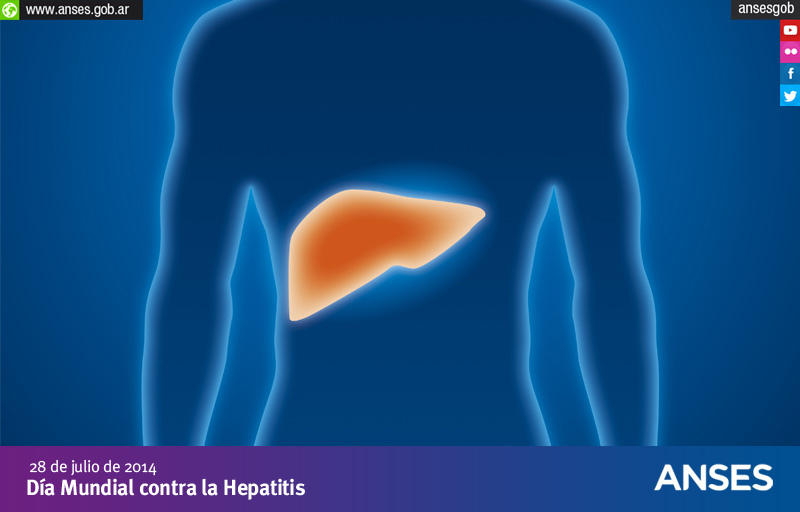Consultation with specialists may be an unnecessary step in prescribing hepatitis C medications
Consultation with specialists may be an unnecessary step in prescribing hepatitis C medications, and hinder the promised uptake of the treatments in the community, say GPs.
While GPs won’t need any formal accreditation in order to prescribe the revolutionary new drugs, the Department of Health specifies they must consult with a gastroenterologist, hepatologist or infectious disease physician about every new patient before they prescribe.
“Every day I prescribe medications in my clinic that can cause people enormous harm, and we prescribe them safely and consider those risks,” said Dr Cameron Loy, a Victorian GP with an interest in addiction and prison health.
“These aren’t hard drugs, they’re just new drugs.”
There was a “mythology of specialness”, that these medications were incredibly hard to use, said Dr Loy.
“But it’s cookbook,” he said. “It’s heavily, heavily protocol driven, like HIV medication, and it’s a skill- and knowledge-set that’s easy to acquire.”
With 250,000 Australians living with hepatitis C, GPs have been billed as the perfect access point to create widespread access to the drugs that offer cure rates of over 95%.
But Dr Loy doubts that the system is going to deliver as large an uptake as promised.
Unless the consultation was easy, quick and didn’t require a whole lot of additional steps, it would be a barrier to prescribing the drugs for many GPs, he said.
Dr Loy also questioned the practicality of requiring specialists in public hospitals and private clinics taking extra time to sign off on a treatment, but offering no remuneration.
The medications will be available on the PBS from March 1.
To facilitate the consultation process, the Gastroenterological Society of Australia and the Australian Liver Association (GESA ALA) has developed a common consultation form, or one-page template, for GPs to complete and email or fax to specialists.
“This consultation form will enable prescribing decisions to made based on the extent of the patient’s liver disease, genotype, treatment history and drug interactions,” a spokeswoman from GESA ALA told TMR.
In an attempt to streamline the process, one health service has set up a dedicated email address to receive the forms. Nurses would then rapidly process the forms for the specialists to sign, she said.
“Non-cirrhotic patients will be dealt with by GPs, whereas cirrhotic patients will be referred to specialists,” she said.
Dr Loy stressed the drugs were a tremendous opportunity to tackle hepatitis C in the community.
However, he was concerned that the system currently in place would allow for the anticipated uptake, much in the same way that HIV prescribing in the community fell short of its potential.
The lack of availability of Fibroscans could also be a potential barrier, with some GPs already being urged to contact their closest radiology lab to purchase a device.
Dr Evan Ackermann, chair of the RACGP National Standing Committee on Quality Care, anticipates that the management will shift from needing specialist consultation to being GP-oriented eventually.
While there may be initial teething problems about which specialists do what, Dr Ackermann said he was confident the process would be manageable for both GPs and specialists.
“Everyone’s feelings are aligned on this,” Dr Ackermann said. “I think we’re going to find that specialists will bend over backwards to help their GP colleagues.”
Leading hepatologist Professor Geoff McCaughan said the need for HCV s100 accredited GPs was controversial, as they were already approved to treat hepatitis C. The general view within the specialist community supported these GPs being able to treat without consultation, particularly in patients without cirrhosis.


